Can VPN apps hack you? How to choose a safe VPN provider?
4 min. read
Updated on
Read our disclosure page to find out how can you help Windows Report sustain the editorial team Read more
Key notes
- One of the most pressing matters when installing a VPN app is that you trust the provider 100% with your personal details and private Internet traffic.
- Most VPNs providers might be able to compromise your devices through their apps, but doing so would ruin their hard-earned reputation, so they wouldn't even risk it.
- Check out our best VPNs that won't compromise your security.
- Visit our Security Hub to discover how to keep your network and devices secure.

One of the most pressing matters when installing a VPN app is that you trust the provider 100% with your personal details and private Internet traffic.
From that point onward (i.e. installing the VPN), your ISP is no longer the middleman in your connection. Instead, your VPN grabs this role.
We’ve seen that VPNs can access your data, but most of them choose not to. Or if they do, they shrug it off without grinning devilishly, grabbing it and handing it over to whoever demands it.
There are various scenarios where VPNs turn evil and start doing wrong for no apparent reason. And that’s exactly what we’re going to discuss today: can VPN apps hack you?
That sounds downright ridiculous, so here’s a more proper way to put this: can you get hacked through VPN apps?
Can you get hacked using VPN apps?
Technically speaking, everything is possible. So, to put it shortly, yes, you can get hacked through VPN apps, no doubt about it. However, it’s highly unlikely.
The odds of that ever happening are once in a blue moon. Most VPN providers check their apps regularly and the security measures they apply for their data centers are so out of this world you won’t even believe them.
Even if, say, one of the employees would go rogue and try to sabotage you, it won’t go undiscovered.
It’s more likely that you’ll be hacked through mobile apps. However, both Google and Apple make great efforts to scan and filter any suspicious apps from their stores.
How to choose a safe VPN?
Go for premium VPN services
Private Internet Access is a popular premium VPN service from Kape Technologies.
Among its top features are:
- More than 3000 servers to connect to
- Zero-logging policy
- Fast servers
- Kill switch
- Several encryption protocols
- Proprietary DNS and DNSCrypt support
- Lets you connect up to 10 devices on the same account
VPNs such as PIA take your privacy and security very seriously. As a rule of thumb, try to avoid at all costs free VPN services.
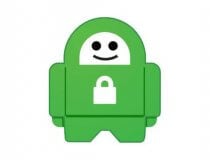
Private Internet Access
Need a safe, secure VPN service? Try using Private Internet Access.The reason why you’d want to keep away from them is that even though you don’t pay with money, they still get paid one way or another.
Most of them run ads (which can be riddled with malware), but others go so far as to collect your data and sell it to the highest bidder.
Check the VPN’s privacy policy and terms of service
If you’re about to start using a VPN, it would be a wise thing to give a thorough read to their privacy policy and terms of service documentation.
VPN providers are legally obligated to specify the way they treat your personal data and the way they interact with the end-users’ devices.
If proved otherwise (that they violated their terms), it’s an offense that they can be sued for.
Another good advice is to try and avoid anything that seems sketchy. Any VPN that even slightly attempts to normalize heavy data logging is out of the question.
The same goes for those who fell under government regulations and agreed to deploy backdoors on their servers.
VPNs can hack you through their apps, but most of them won’t
So the answer to your question is yes, absolutely, VPNs can compromise your system through their apps. But the truth is that most of them won’t risk doing that.
Trust is a very important resource for all VPN providers and such an event (i.e. spying on someone through their apps or compromising their device) surfacing might deal a tremendous blow to their reputation.
[wl_navigator]



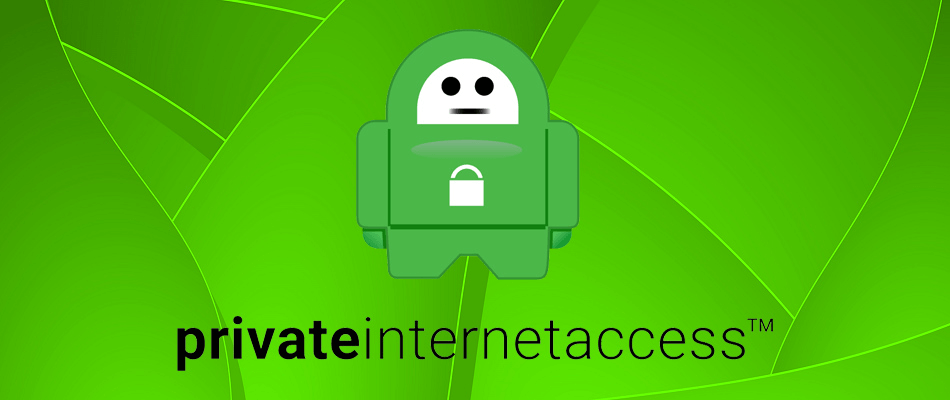
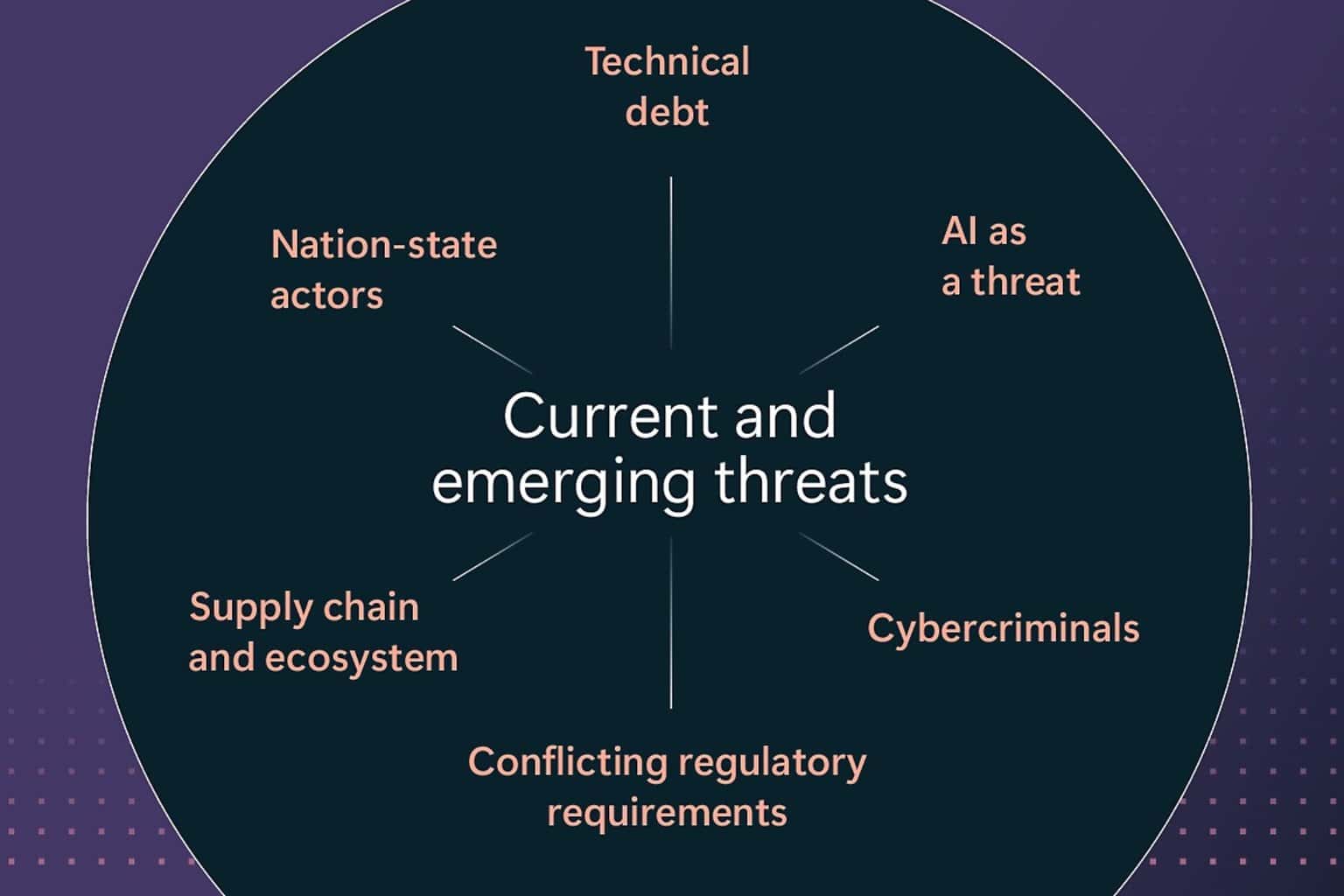
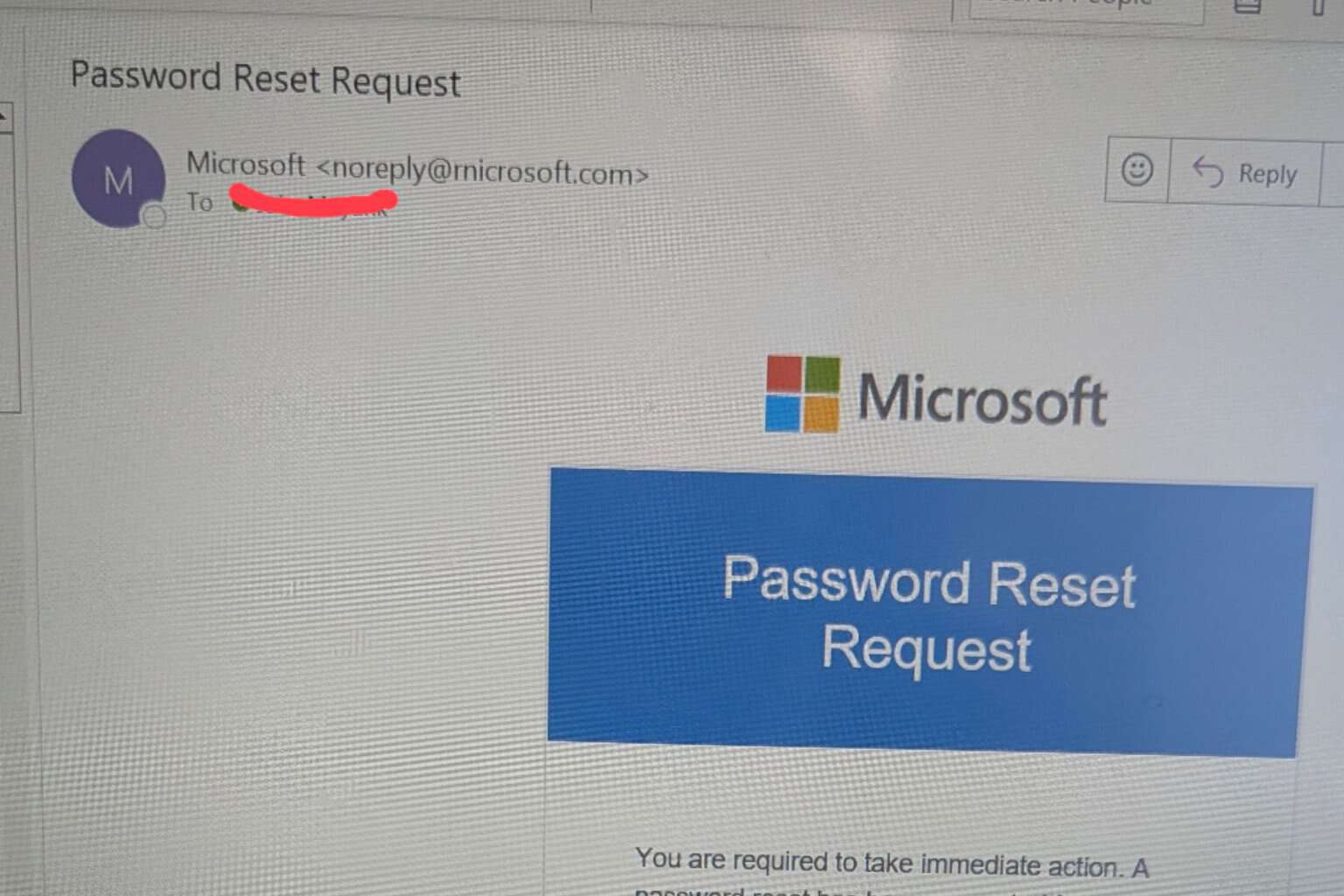



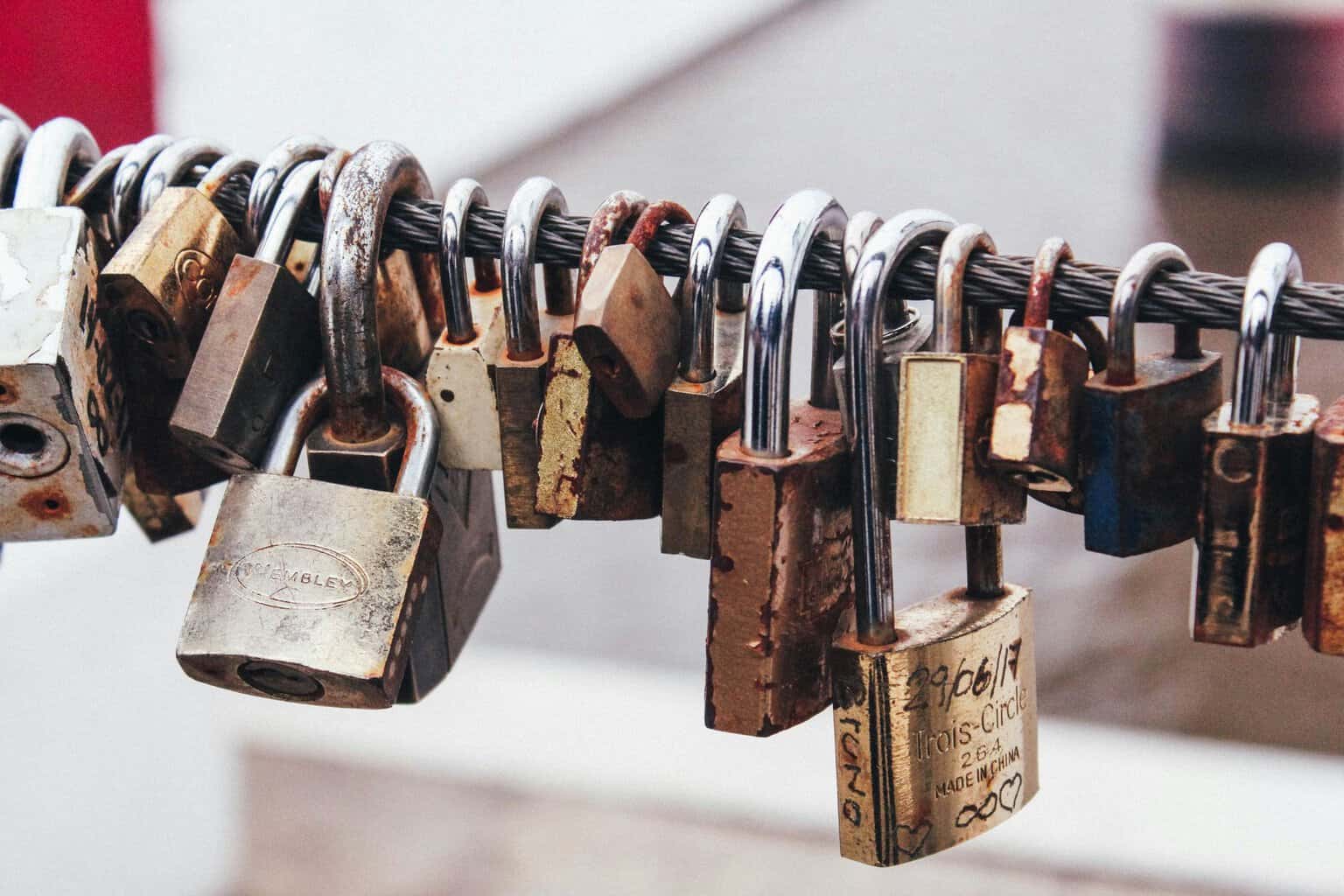
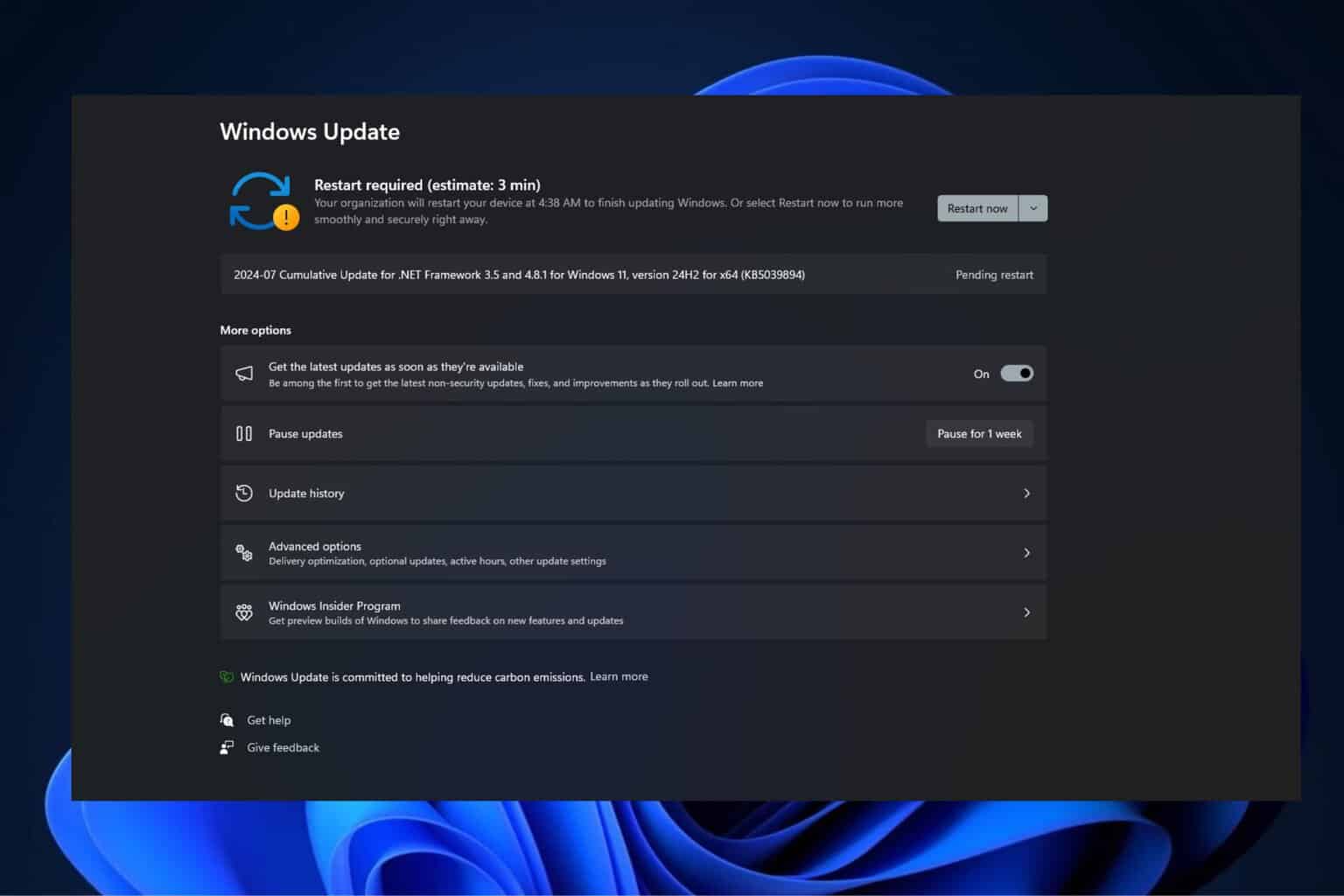

User forum
0 messages